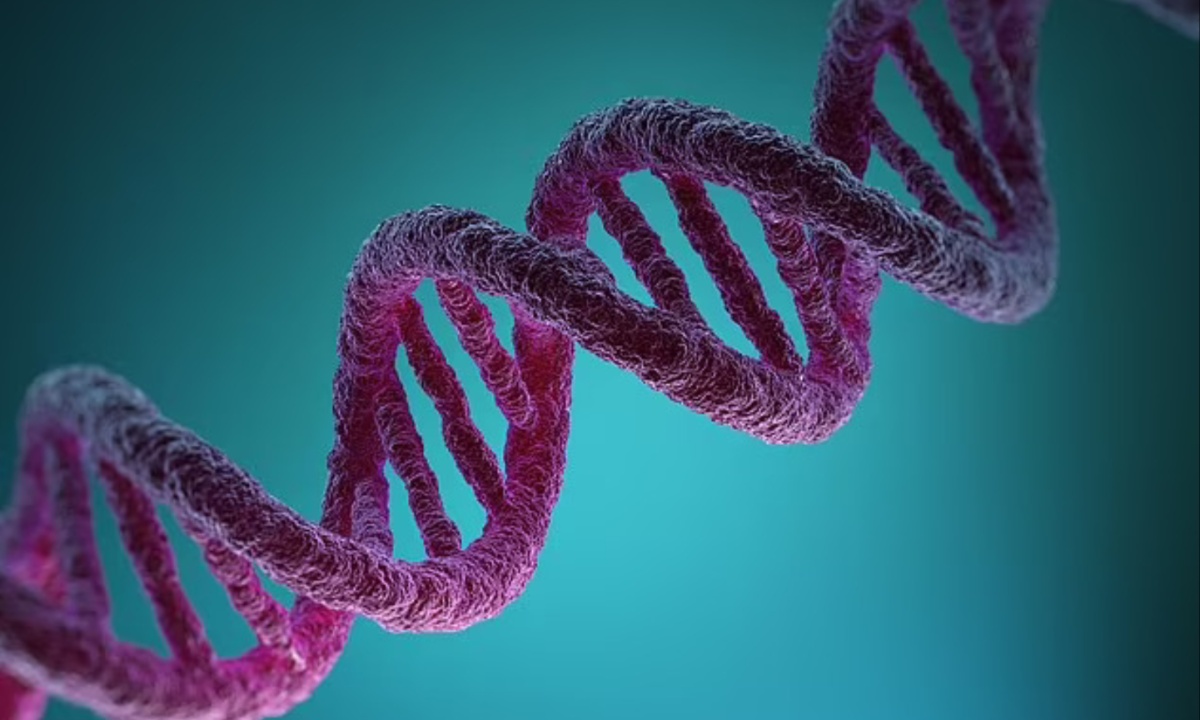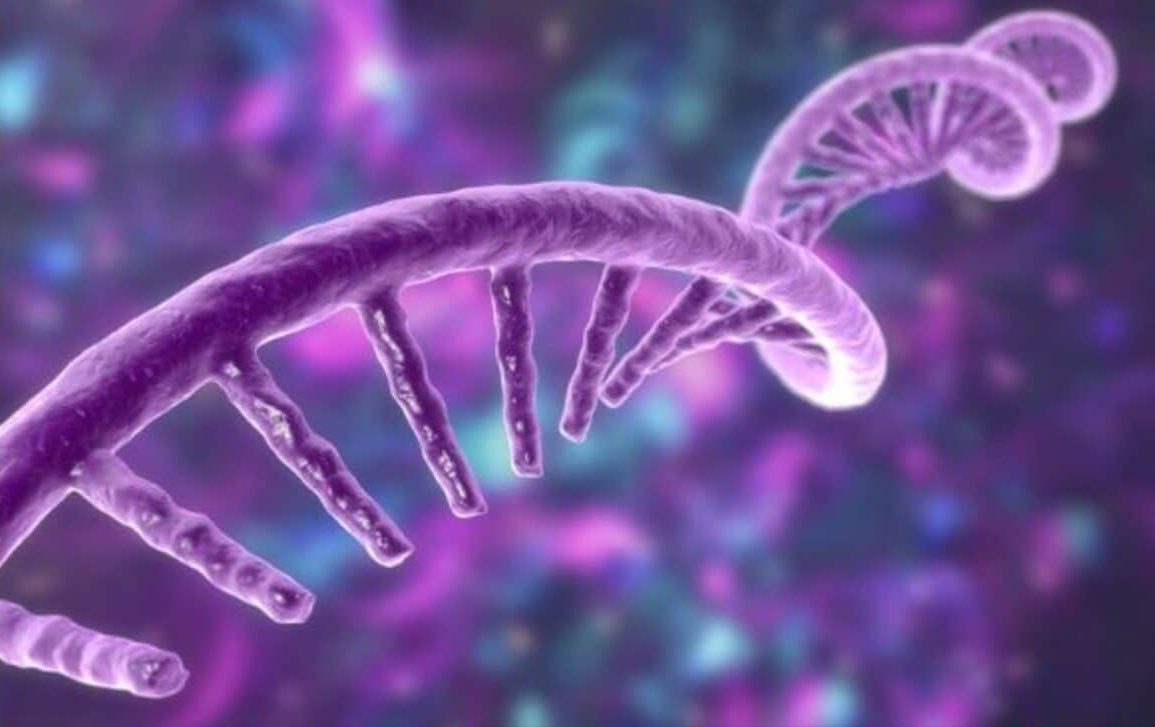A recent study from McMaster University in Canada has revealed the crucial role of the protein MANF (Mesencephalic Astrocyte-derived Neurotrophic Factor) in maintaining cellular health. This discovery highlights how MANF helps address protein imbalances, a key factor in aging and neurodegenerative diseases like Alzheimer’s and Parkinson’s. By improving natural cellular processes, MANF shows promise as a potential therapeutic approach for conditions related to aging, offering new possibilities for treatments that could slow or reverse cellular damage.
Proteins are essential for every cellular function, but their structure and regulation must remain intact for proper cell health. Protein homeostasis is the system by which cells ensure proteins are accurately synthesized, folded, and degraded. When this balance is disrupted, misfolded proteins accumulate, leading to cellular stress and damage. Key components of protein homeostasis include protein folding, protein degradation through systems like the ubiquitin-proteasome pathway, and the removal of protein aggregates via autophagy. As we age, these systems break down, resulting in the buildup of toxic proteins that contribute to diseases such as Alzheimer’s and Parkinson’s. MANF helps restore this balance and supports the functioning of these vital systems.

The research shows that MANF alleviates endoplasmic reticulum (ER) stress, a critical factor in protein misfolding and aging. The ER is responsible for synthesizing and folding proteins, and when it becomes overwhelmed by misfolded proteins, it triggers a shutdown of protein production, leading to cellular damage. MANF counteracts this stress by enhancing the clearance of misfolded proteins through autophagy and stabilizing cellular functions. In experiments with Caenorhabditis elegans (C. elegans), a model organism used for aging research, researchers found that increasing MANF levels reduced protein aggregates and extended the organism’s lifespan by 20–25%, demonstrating the potential of MANF to promote cellular longevity and health.
The therapeutic potential of MANF extends beyond aging, especially in neurodegenerative diseases. MANF could offer a new strategy for addressing the buildup of toxic protein aggregates in diseases like Alzheimer’s and Parkinson’s. By supporting cellular processes and reducing protein stress, MANF might help slow disease progression and even restore some cellular functions. This makes it a promising candidate for regenerative medicine, where the goal is not just to treat symptoms but to restore and maintain healthy cellular function over time.
The study’s findings show compelling evidence of MANF’s potential, including a 30–50% reduction in misfolded proteins, a 20–25% increase in lifespan, and improved resilience to chronic stress. However, these results were observed in simpler organisms, and additional research is required to determine how MANF can be applied in human medicine. The next steps include testing MANF in mammals to assess its safety and effectiveness, understanding its molecular interactions, and developing delivery methods, such as gene therapy or nanoparticles, to introduce MANF into human cells. These efforts are vital to ensuring that MANF can be safely and effectively utilized in clinical settings.

